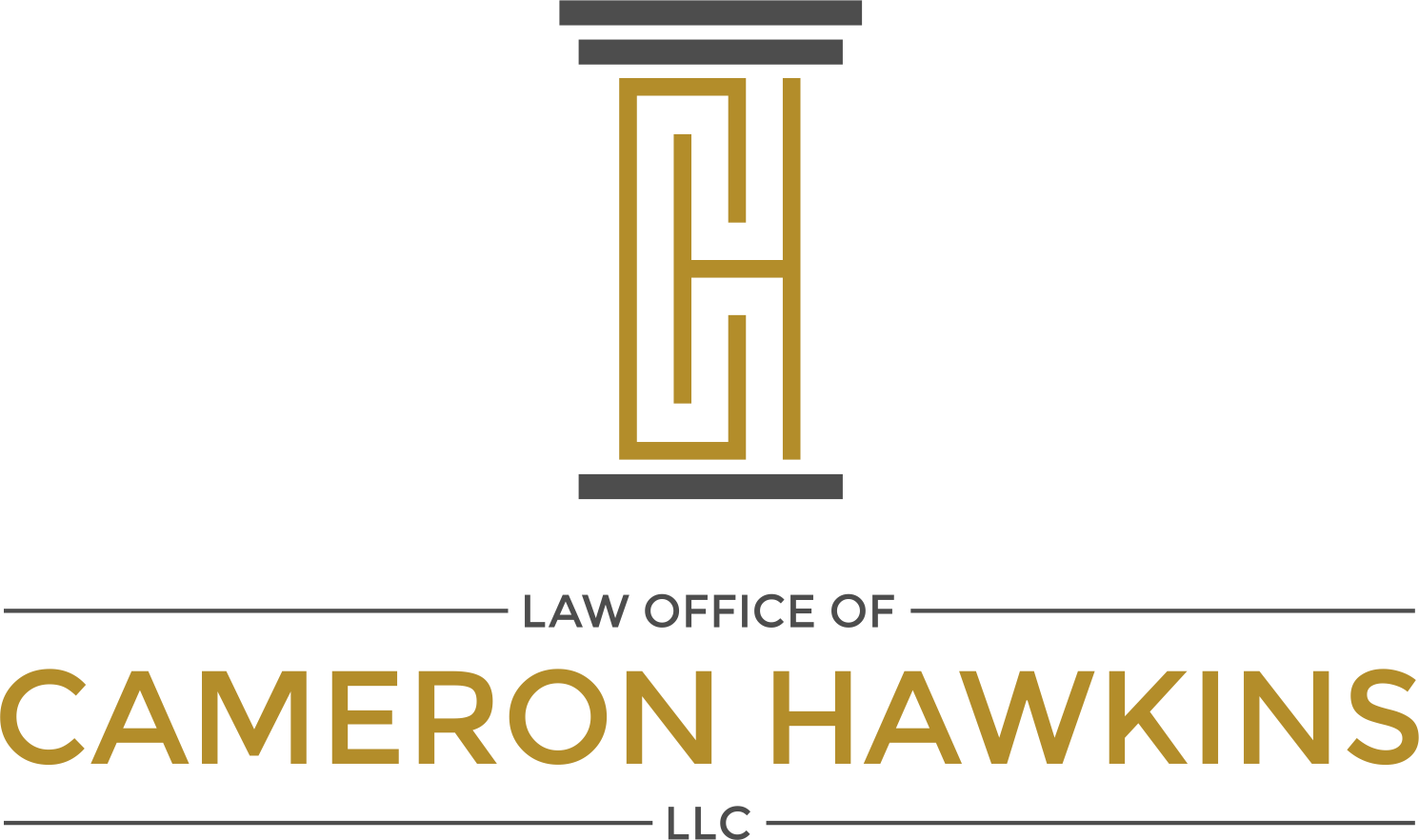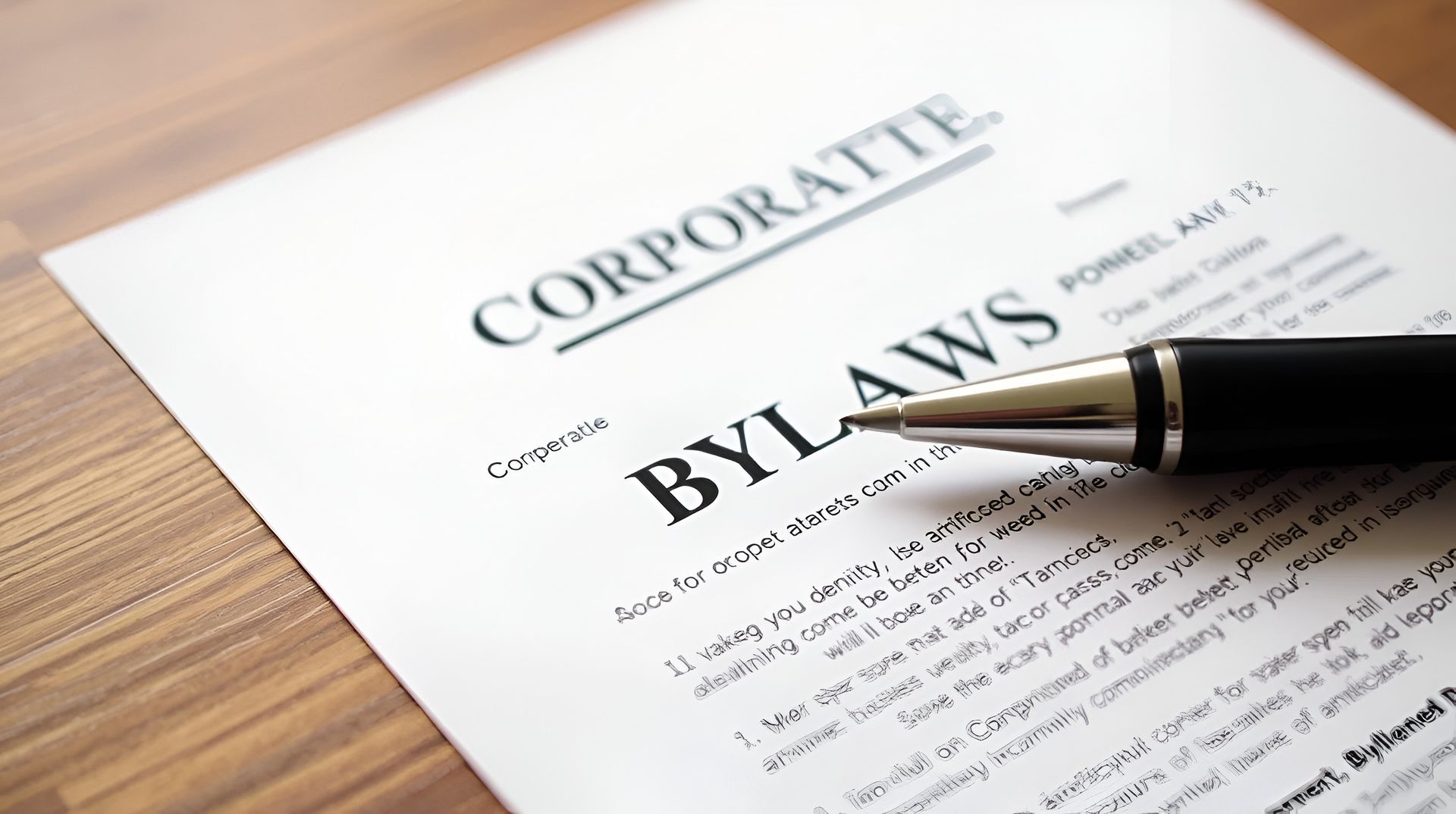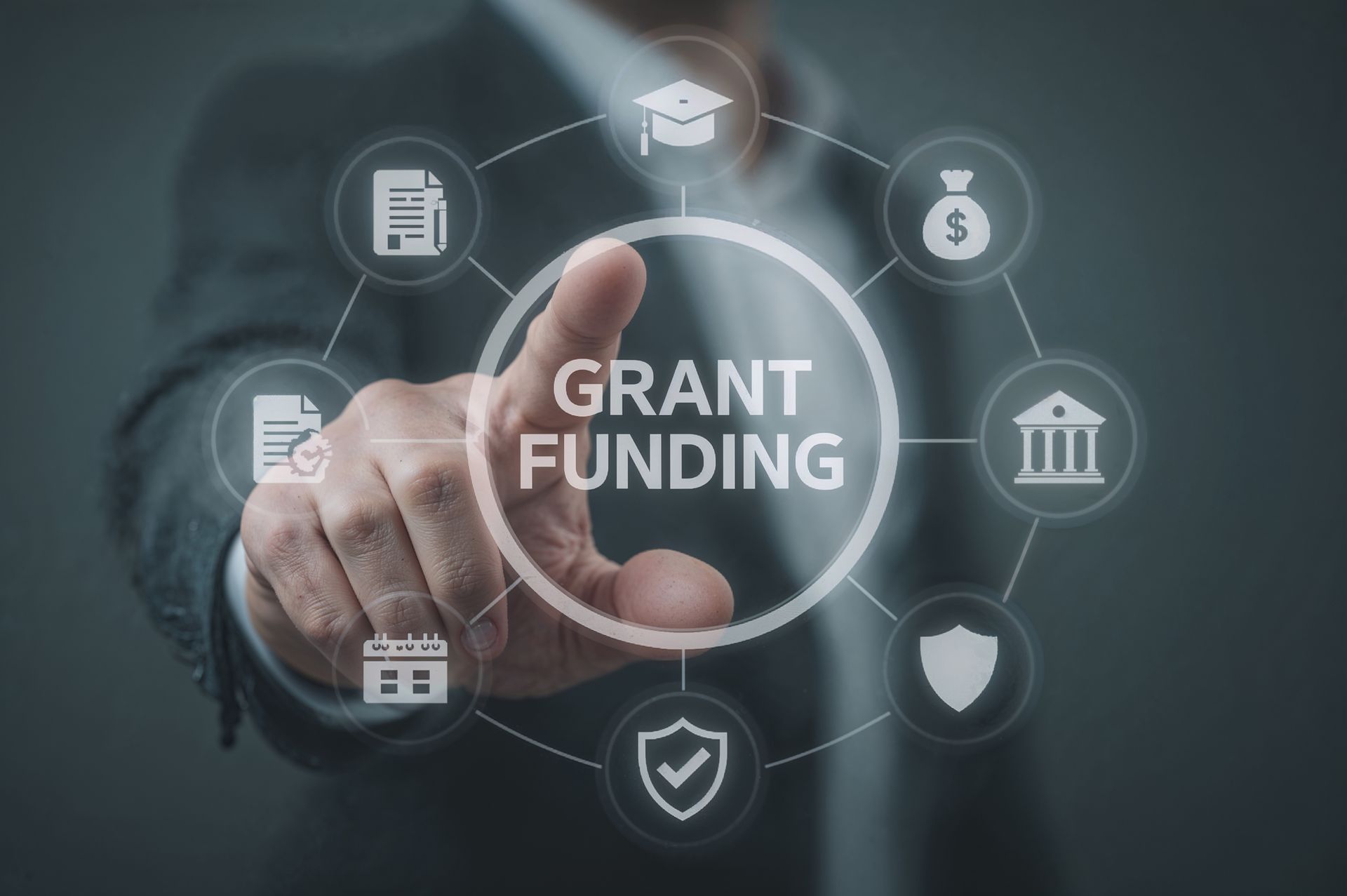Blog

For nonprofit organizations, record-keeping isn’t just good practice; it’s a critical compliance requirement. From financial reports to board meeting minutes, every document tells a story about how your organization is operating, spending funds, and fulfilling its mission. Failing to keep proper records can lead to audits, penalties, and even the loss of tax-exempt status.
Whether your nonprofit is new or long established, understanding what records to keep, how long to store them, and how to stay prepared for audits can prevent legal challenges in the future.
Why Accurate Record-Keeping Matters
Nonprofits are held to high standards of transparency and accountability. Good records allow your board and leadership team to make informed decisions, provide clarity to donors and grantors, and demonstrate compliance with federal and state laws. In short, documentation protects your reputation and your tax-exempt status.
If an IRS audit or state investigation ever occurs, having your documents organized and up to date can make the difference between a smooth review and a costly compliance issue.
Key Categories of Records Nonprofits Must Keep
Nonprofit record-keeping is broad, but certain types of records are universally required. These include legal documents, financial records, board and meeting notes, tax filings, and donor/grant information.
Governing Documents (Keep Permanently)
Your nonprofit’s foundational documents should be securely stored and backed up. These include:
- Articles of Incorporation
- IRS determination letter (501(c)(3) status)
- Bylaws and amendments
- State nonprofit registration and renewals
- Conflict of interest policies
These are critical during legal reviews or grant applications, so it’s important to keep them accessible and current.
Board and Governance Records
Every decision your board makes should be clearly documented. This includes:
- Meeting minutes (board and committees)
- Annual board resolutions
- Attendance records
- Signed conflict of interest disclosures
Generally, these records should be kept for at least seven years. Minutes, in particular, should show clear evidence that the board acted with care and in good faith.
Financial and Tax Records
Perhaps the most scrutinized area of nonprofit operations is financial activity. The IRS and donors alike expect to see clear, consistent records.
Maintain the following for at least seven years:
- Bank statements and reconciliations
- Receipts and invoices
- Payroll records and employee tax filings
- Budgets, ledgers, and internal financial reports
- Donation receipts and acknowledgment letters
Keep permanently:
- IRS Form 990 returns and supporting schedules
- Annual audits or independent financial reviews
- Your IRS tax-exemption letter
Tax documents, including federal and state filings, must be accurate and accessible. Many nonprofits also use their financial records to apply for grants, secure funding, or provide transparency to major donors.
Donor and Grant Documentation
If your nonprofit receives restricted donations or grant funding, thorough documentation is critical. Funders may require reports or financial statements for years after the grant term ends.
Be sure to retain:
- Grant agreements and award letters
- Donor communication and gift agreements
- Reports submitted to funders
- Documentation showing how restricted funds were spent
Best practice is to keep these records for seven years after the end of the funding period, unless the grantor requires a different retention policy.
Employee and Volunteer Files
Even if you only have a few staff members or rely primarily on volunteers, your nonprofit still has HR-related obligations.
Retain:
- I-9 and W-4 forms
- Employment agreements and offer letters
- Timecards and leave records
- Performance evaluations and disciplinary record
- Volunteer applications and background checks
Employee and volunteer records should be stored securely and retained for at least seven years after a person leaves the organization.
How to Stay Organized and Audit-Ready
Implementing a clear system helps your organization respond quickly to audits, grant applications, or donor questions. Here are some tips:
- Use cloud-based storage with folders organized by year and document type
- Back up all records regularly and securely
- Assign a staff member or board officer to oversee compliance
- Create a written document retention policy outlining how long to keep each record type
- Schedule periodic reviews to purge outdated files and ensure current records are in order
When your records are organized, your organization is in a better position to respond to audits, support funding requests, and demonstrate good governance.
Be Prepared, Not Panicked
Audits and reviews can happen without warning. The IRS may examine your nonprofit’s Form 990 filings or request supporting documentation. A funder may ask for proof of how a grant was spent. A former employee or volunteer might raise concerns that lead to an investigation.
Being prepared with the records that are well-labeled, current, and securely stored helps ensure that your organization can respond professionally and protect its tax-exempt status.
Need Legal Help Getting Your Records in Order? Our Atlanta Nonprofit Lawyers are Here to Help!
The Law Office of Cameron Hawkins works with nonprofits across Georgia to help them meet their legal and compliance obligations. Whether you need help creating a document retention policy, preparing for an audit, or addressing gaps in your governance, we can provide clear legal guidance tailored to your organization’s needs.
Contact us today at (678) 921-4225 to schedule a consultation and protect your nonprofit’s future with smart, compliant record-keeping practices.











